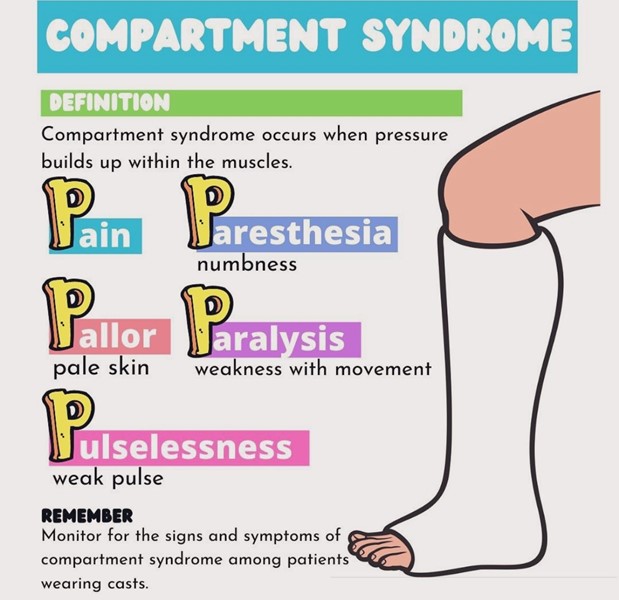A patient is scheduled for surgery at 1:00 PM today. The nurse knows that surgery will most likely need to be rescheduled when the patient states...
I am nervous about taking care of my incision at home
"I had a lot of nausea and vomiting after my last surgery."
"I just took an extra dose of Aspirin to help with the pain."
I don't like hospital food, so I had a big delicious lunch yesterday!
The Correct Answer is C
Taking an extra dose of Aspirin prior to surgery can significantly increase the risk of bleeding during and after the surgical procedure. Aspirin is a non-steroidal anti-inflammatory drug (NSAID) that can interfere with the normal blood clotting process. Surgical procedures often require meticulous control of bleeding, and the presence of Aspirin in the patient's system can pose a significant risk.
It is essential for patients to follow preoperative instructions provided by the healthcare team, including avoiding certain medications or substances that can increase the risk of complications during surgery. Taking an extra dose of Aspirin, especially without consulting the healthcare provider, can jeopardize the safety of the surgical procedure and may require rescheduling to ensure the patient's well-being.
Nursing Test Bank
Naxlex Comprehensive Predictor Exams
Related Questions
Correct Answer is D
Explanation
Compartment syndrome is a condition characterized by increased pressure within a muscle compartment, leading to impaired blood flow and potential tissue damage. It can occur when swelling or bleeding within a confined space, such as a cast, causes increased pressure on the surrounding tissues.
Tingling in the toes and decreased sensation can be indicative of nerve compression or damage due to increased pressure in the compartment. It is important to recognize these neurological changes as potential signs of compartment syndrome.
Signs and symptoms of compartment syndrome may include:
- Severe pain that is out of proportion to the injury or not relieved by pain medication.
- Swelling and tightness in the affected area.
- Numbness or tingling.
- Pale or cool skin over the affected area.
- Weakness or decreased sensation in the affected limb.
- In severe cases, paralysis or loss of pulse in the affected area.

Correct Answer is C
Explanation
Weight gain is a positive indicator of improved nutritional status. It suggests that the client is receiving adequate nutrition and their body is able to build up and retain weight. This is particularly important in the case of protein-calorie malnutrition, as it indicates that the client is receiving sufficient protein and calories to support their nutritional needs.
Whether you are a student looking to ace your exams or a practicing nurse seeking to enhance your expertise , our nursing education contents will empower you with the confidence and competence to make a difference in the lives of patients and become a respected leader in the healthcare field.
Visit Naxlex, invest in your future and unlock endless possibilities with our unparalleled nursing education contents today
Report Wrong Answer on the Current Question
Do you disagree with the answer? If yes, what is your expected answer? Explain.
Kindly be descriptive with the issue you are facing.
